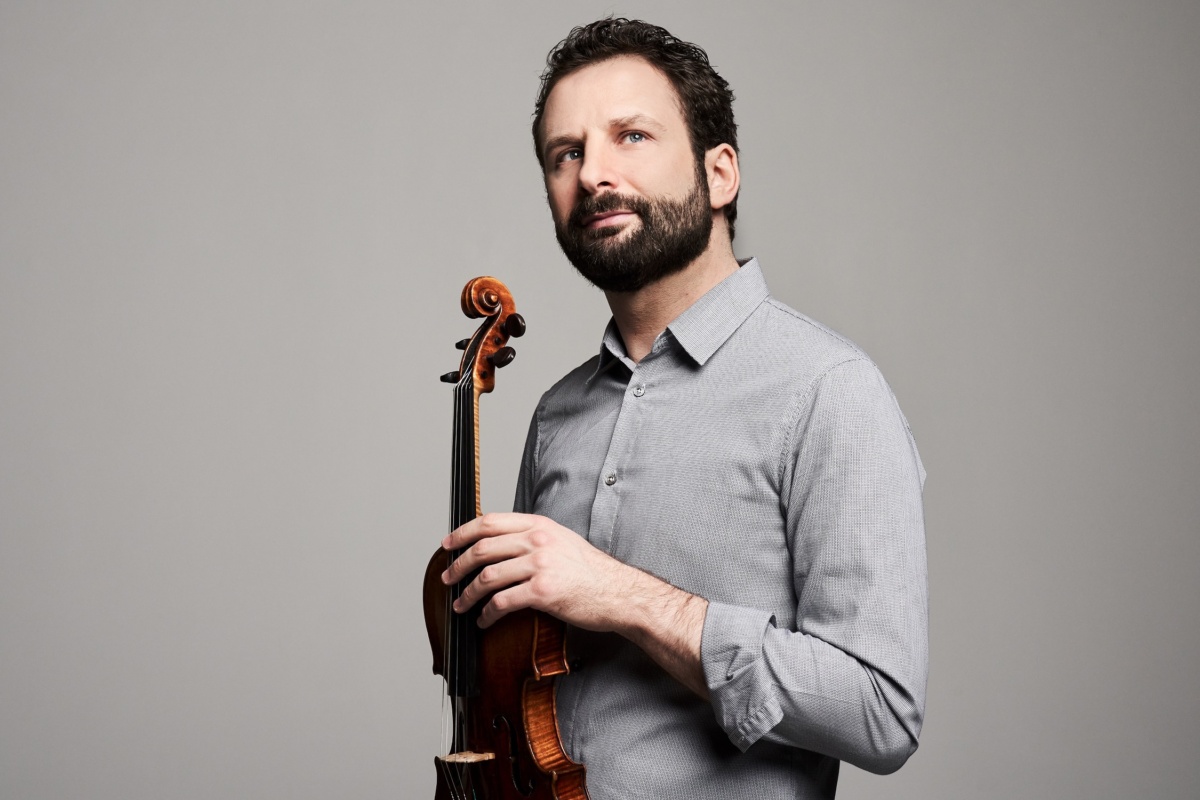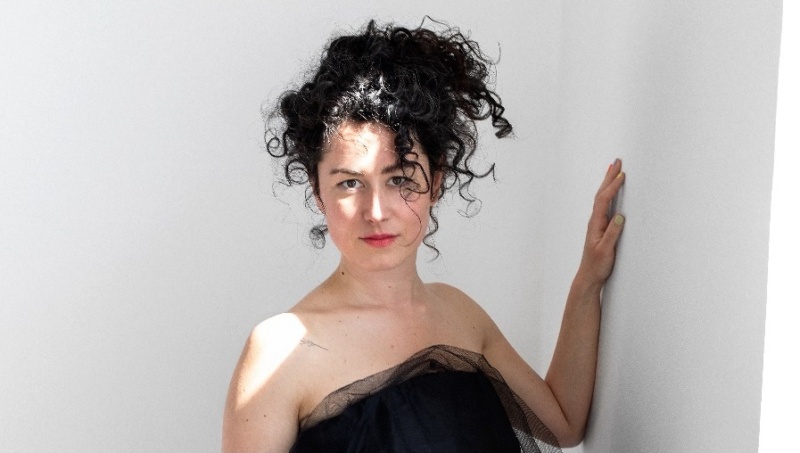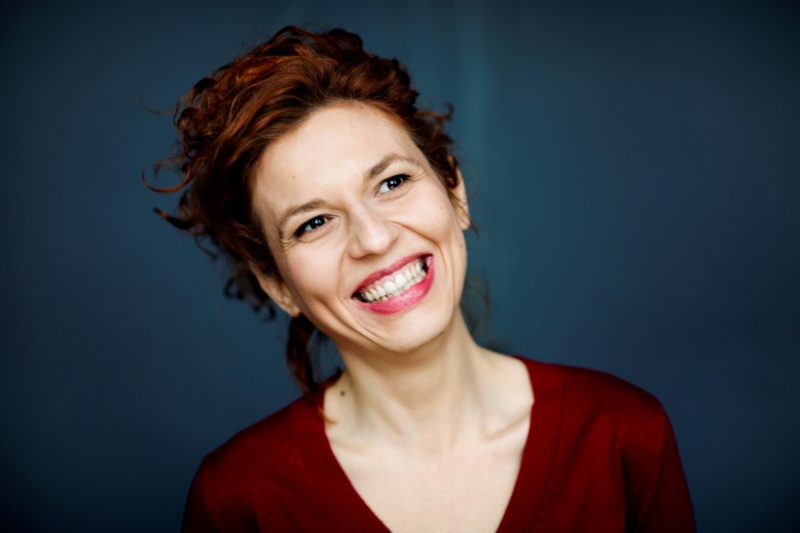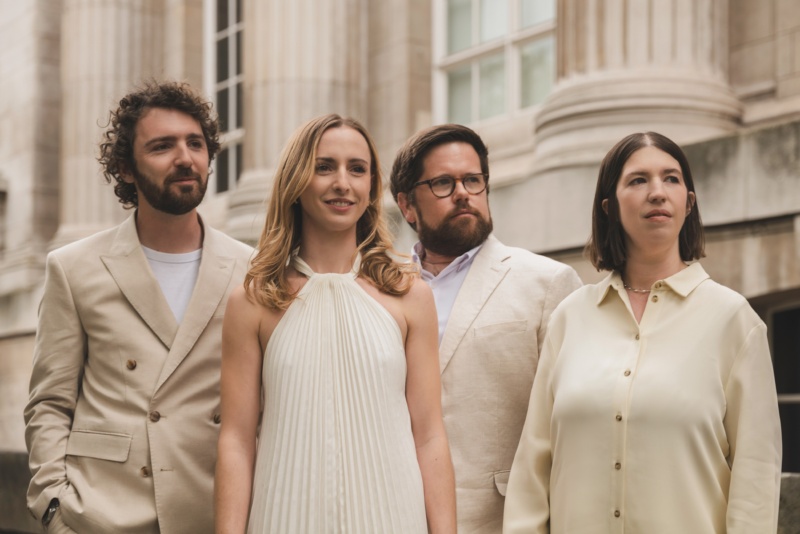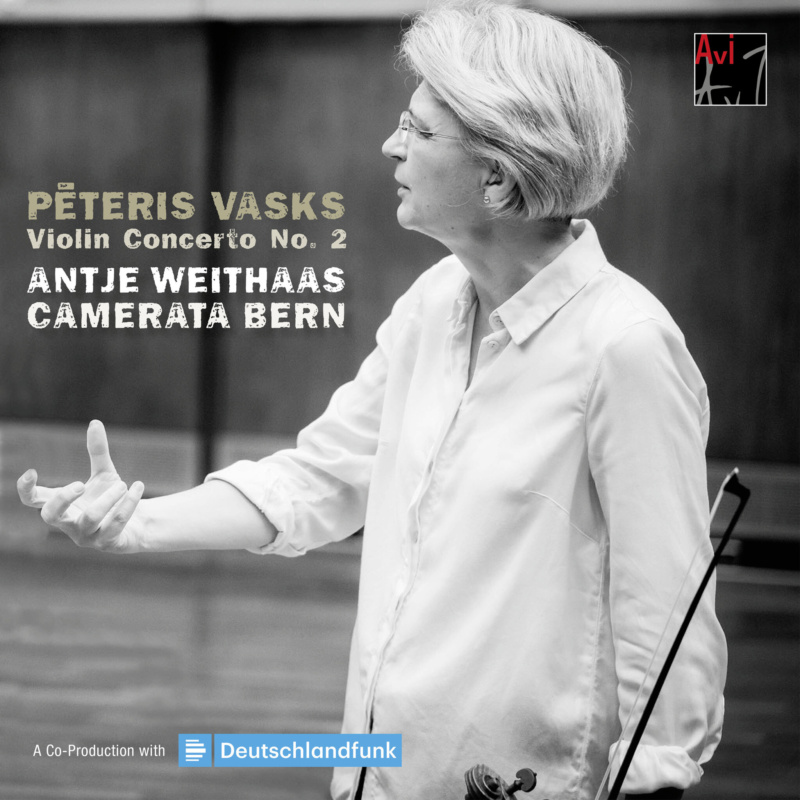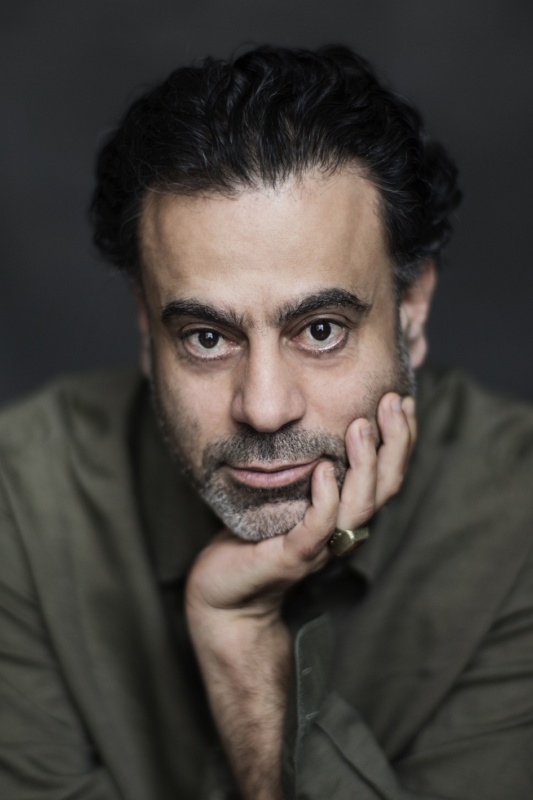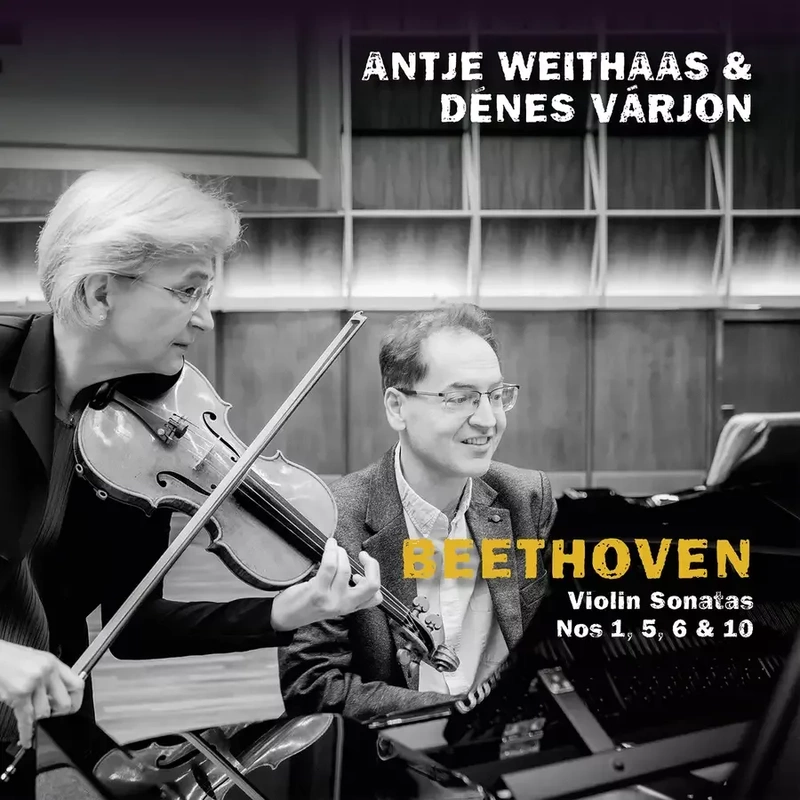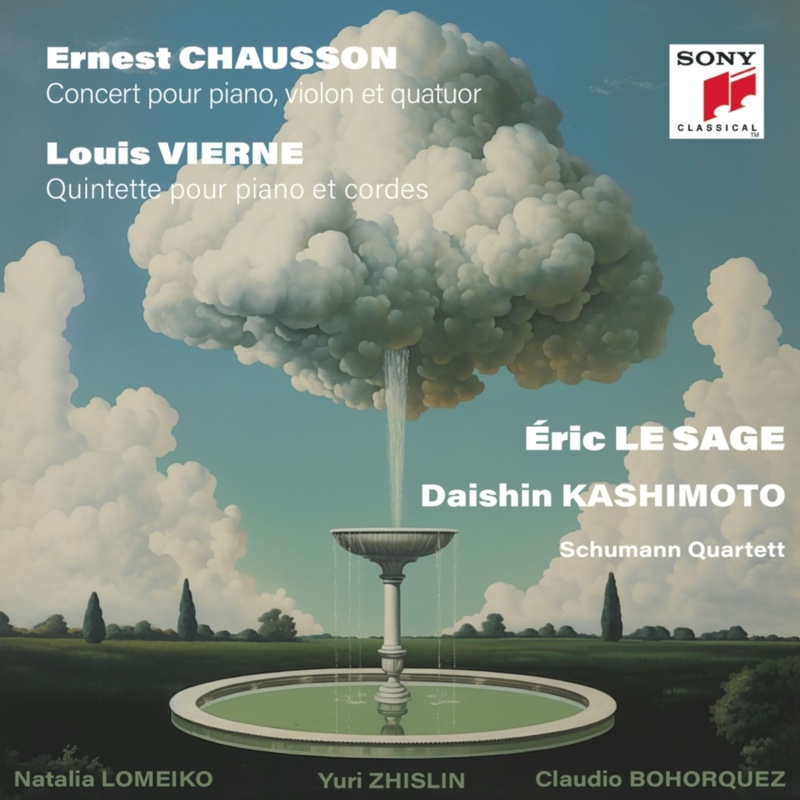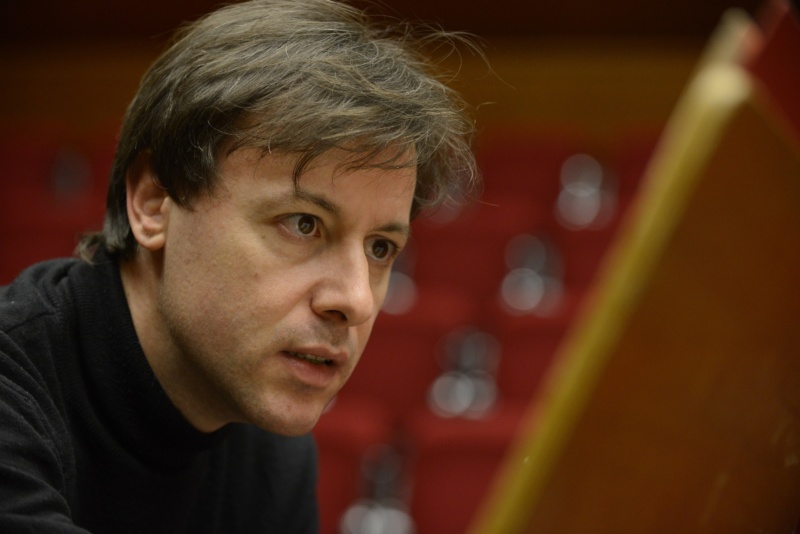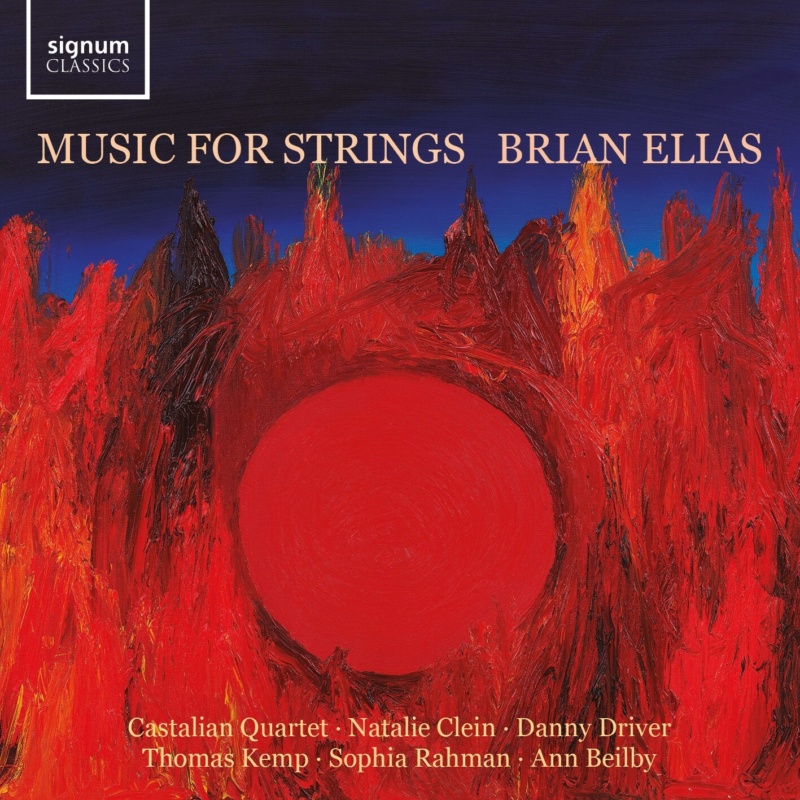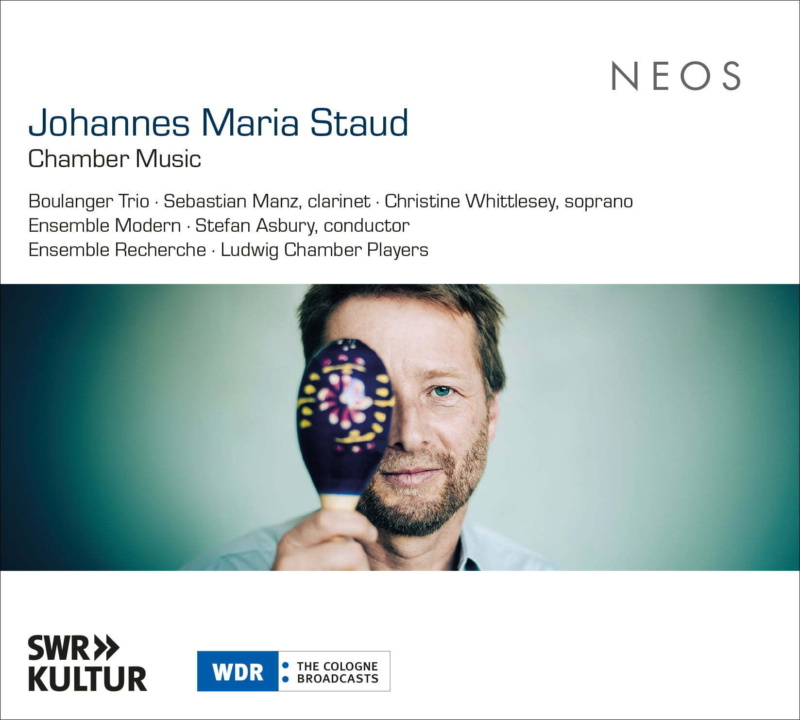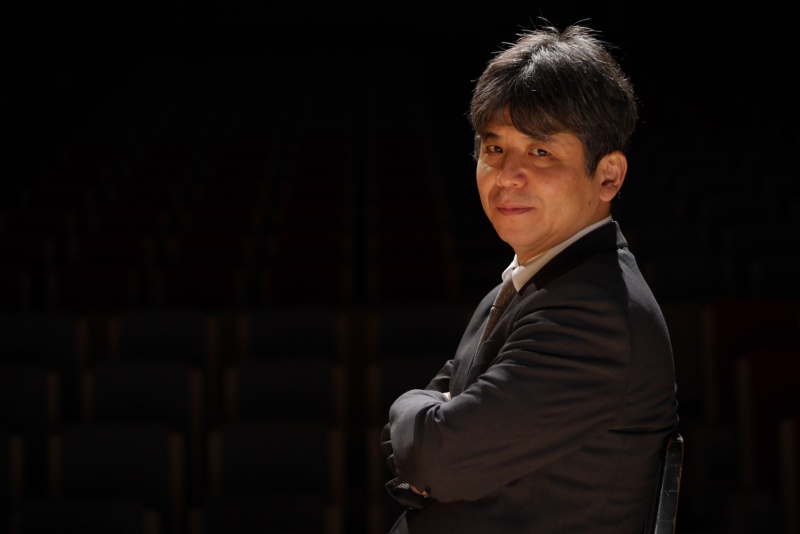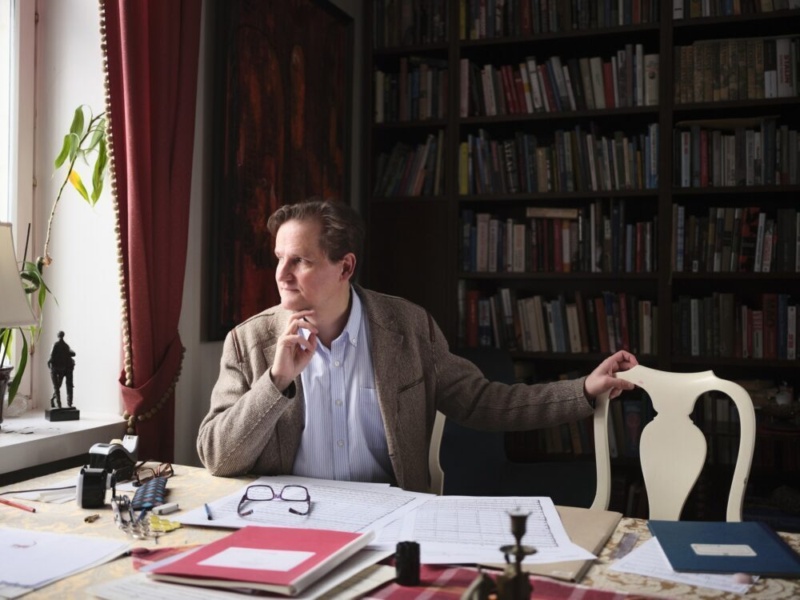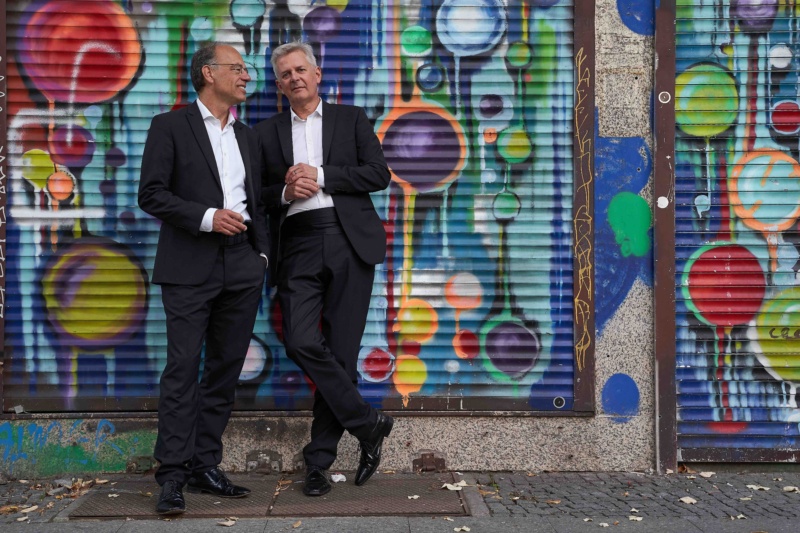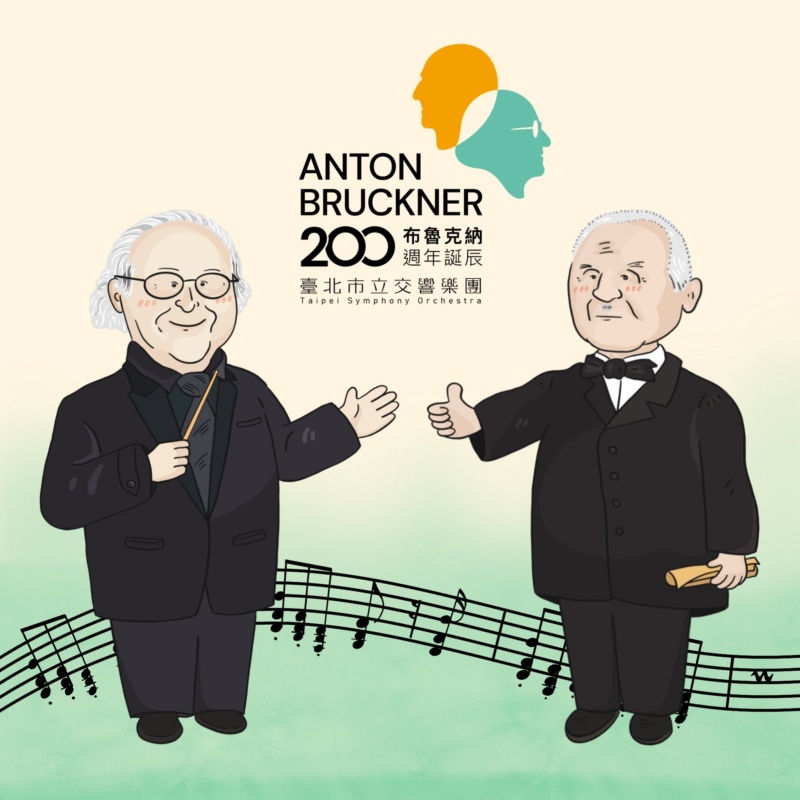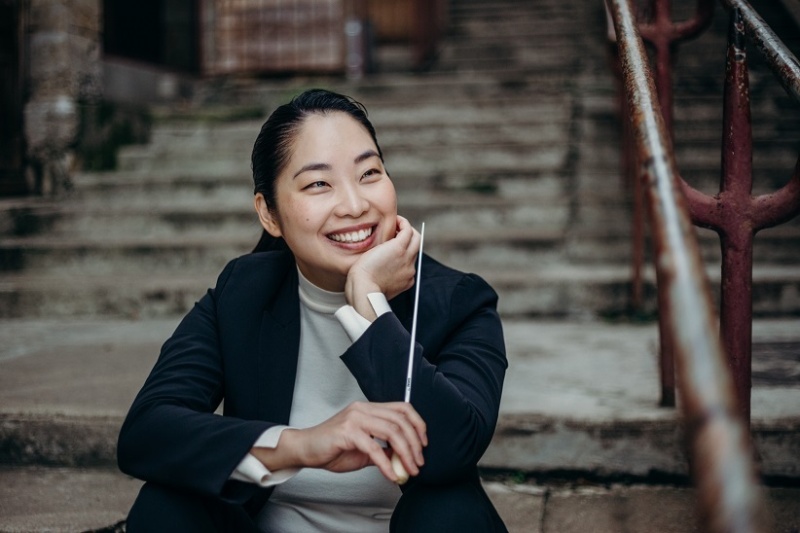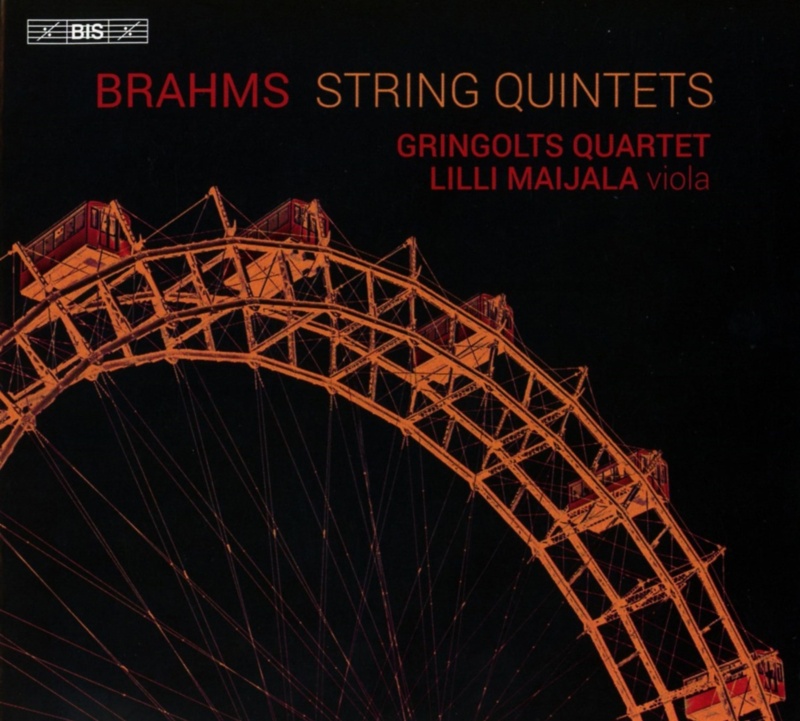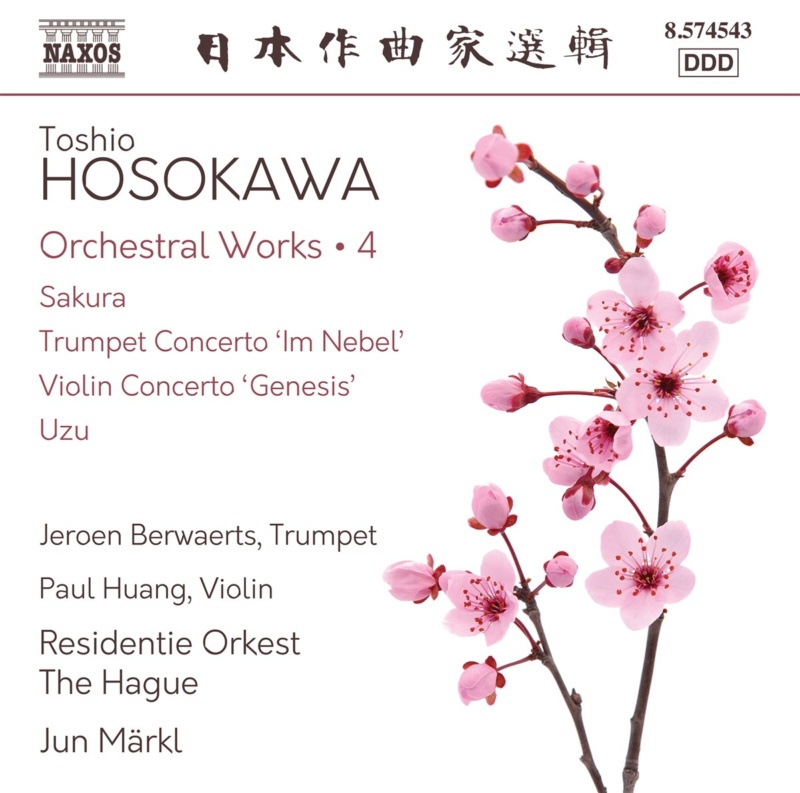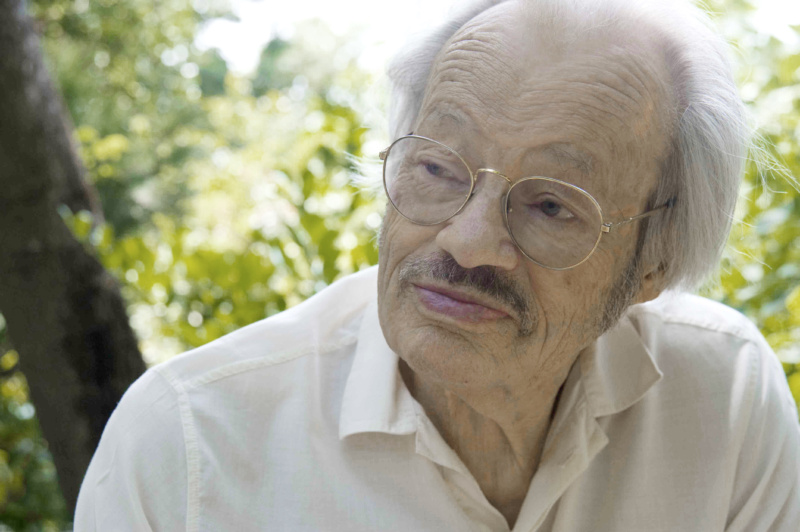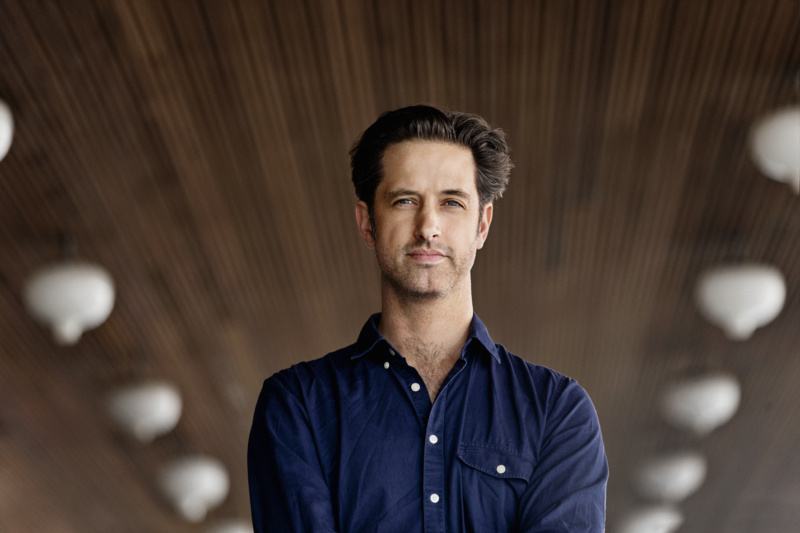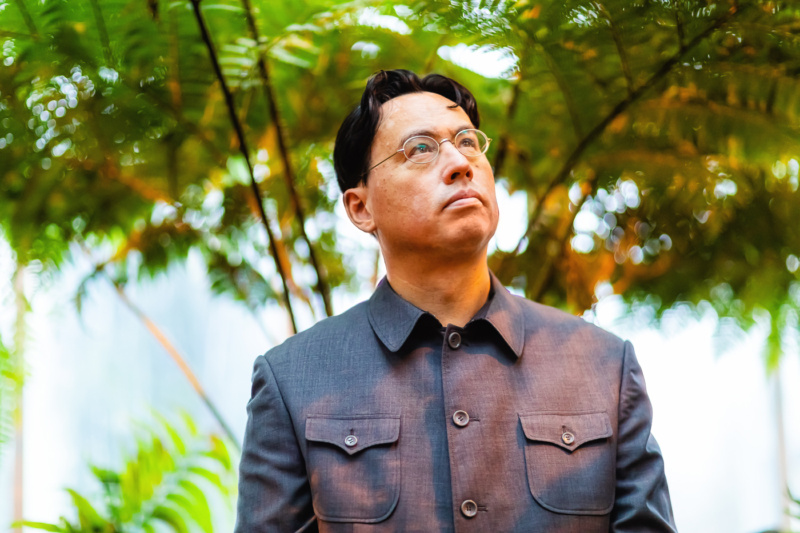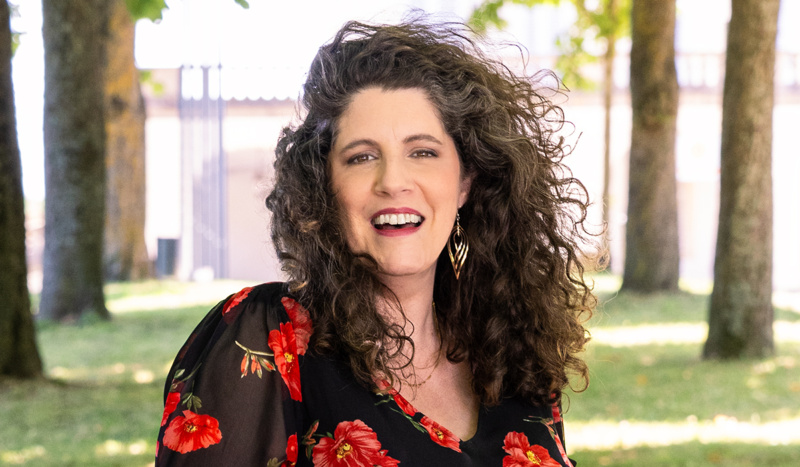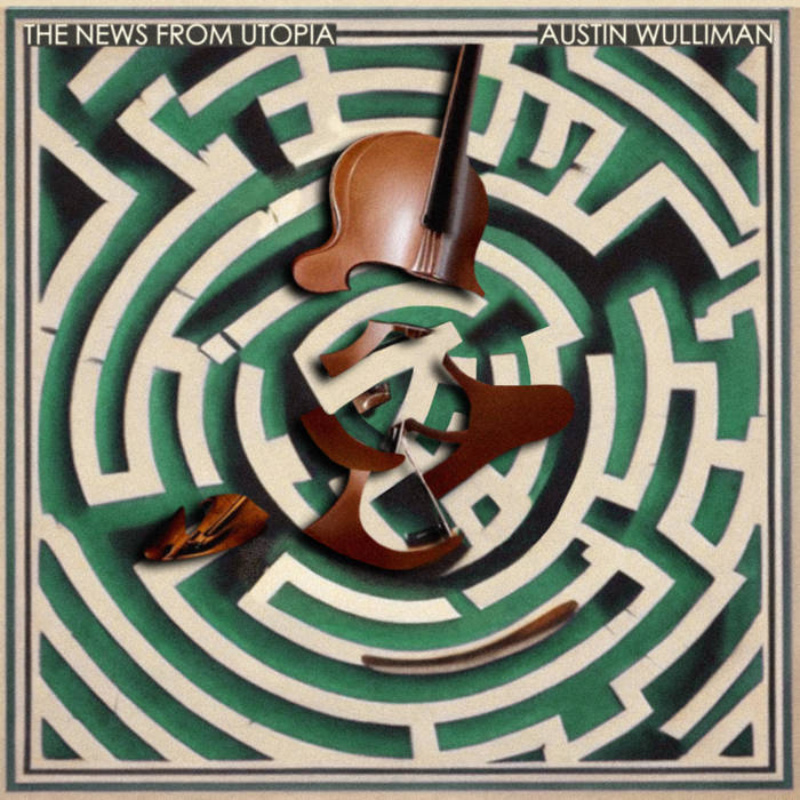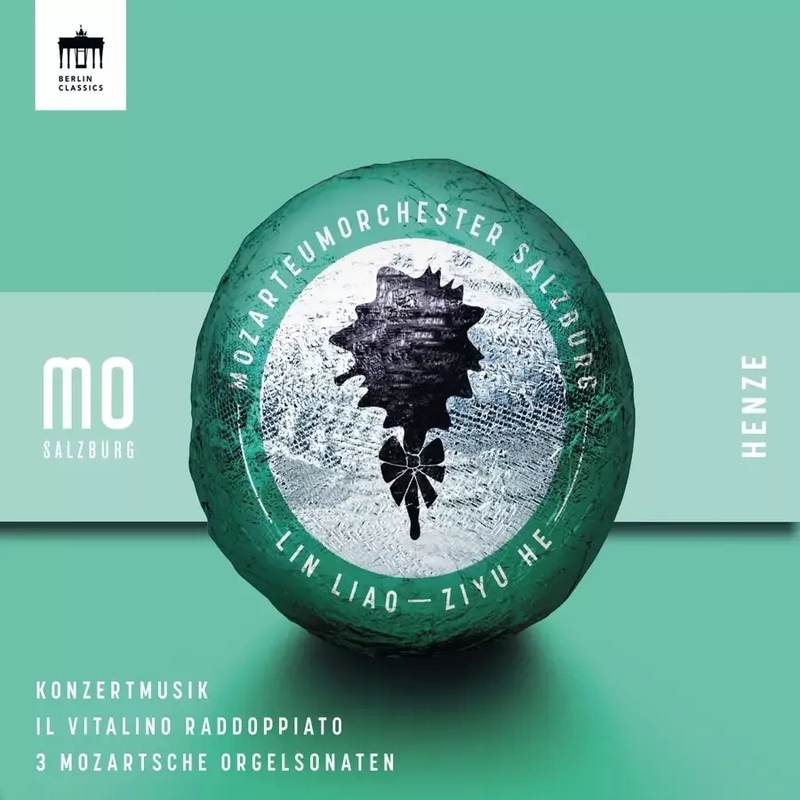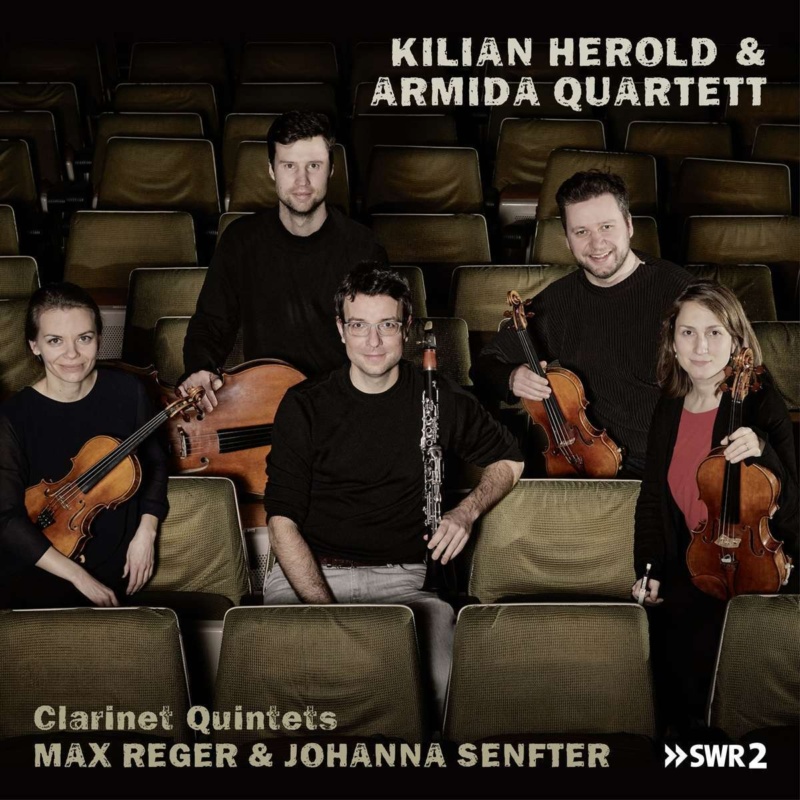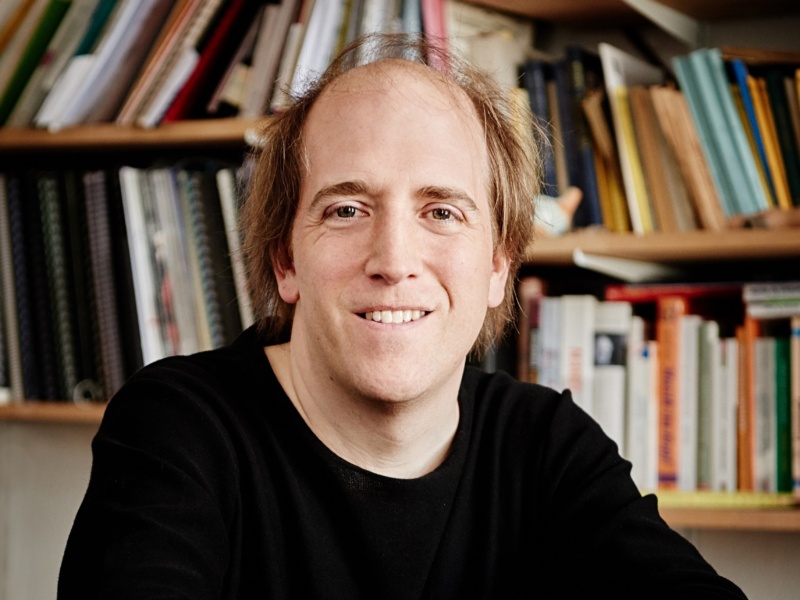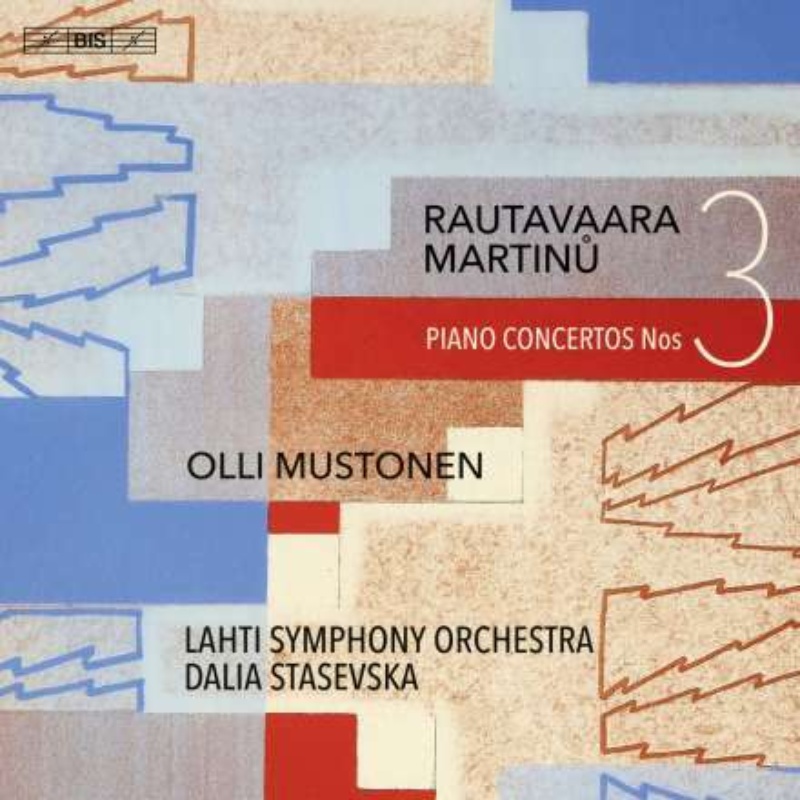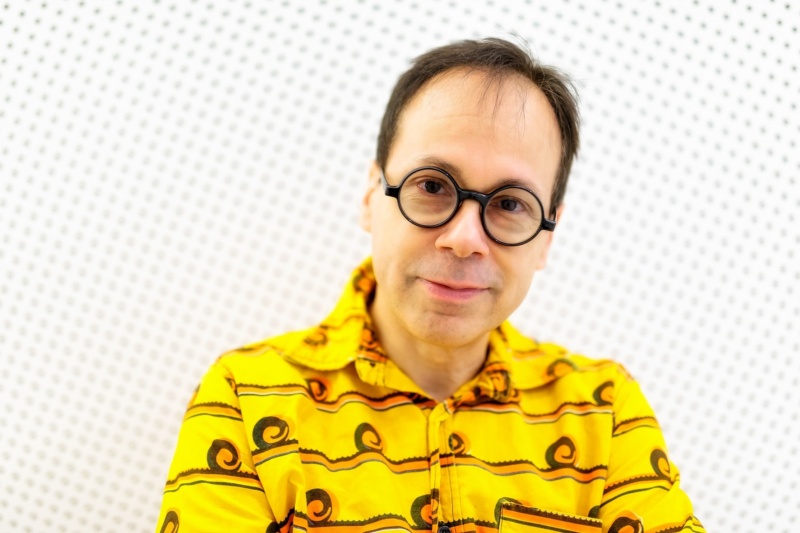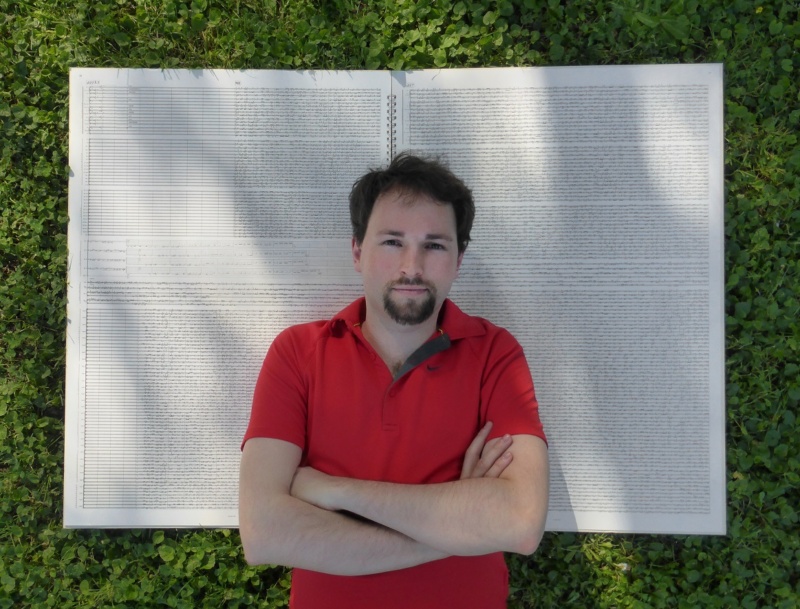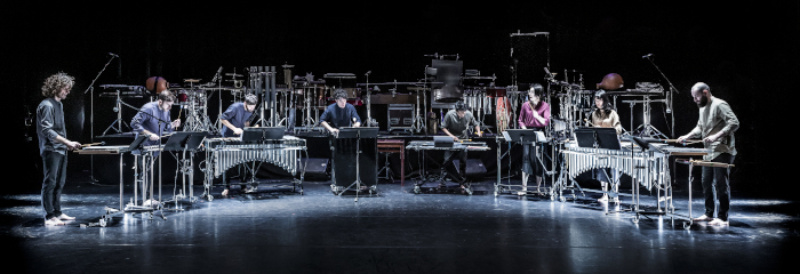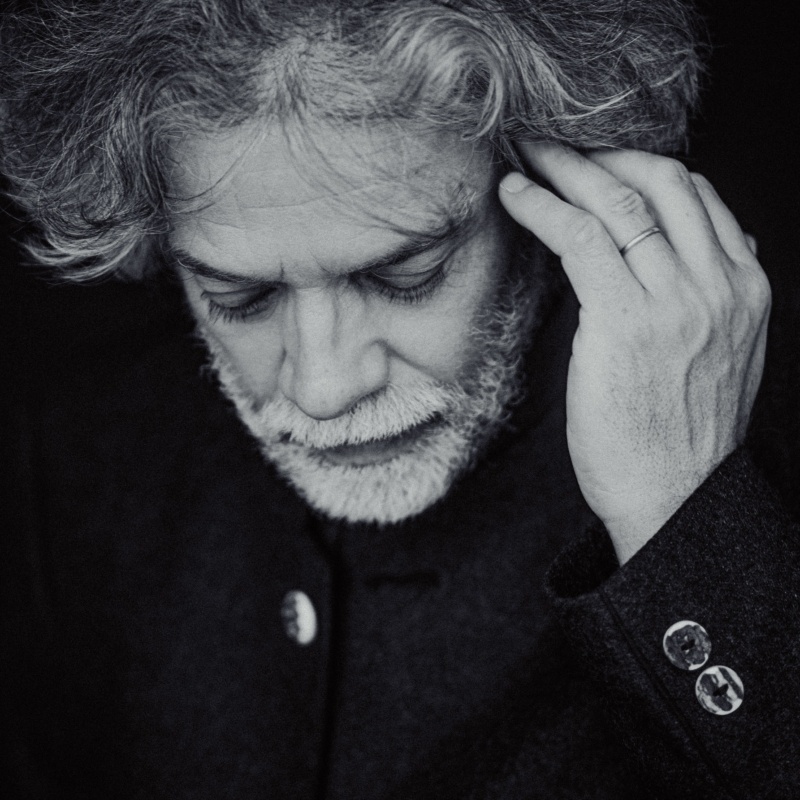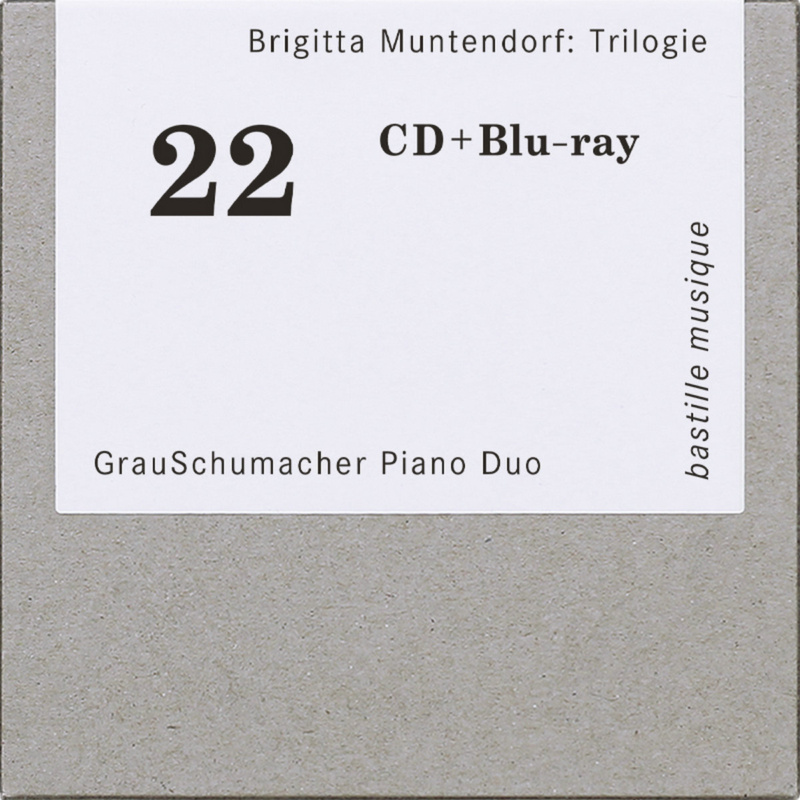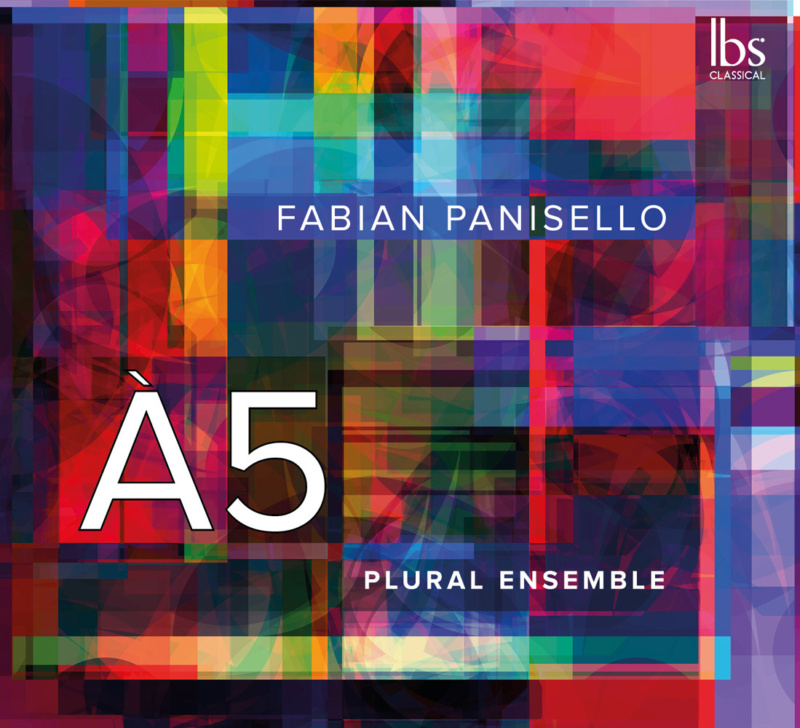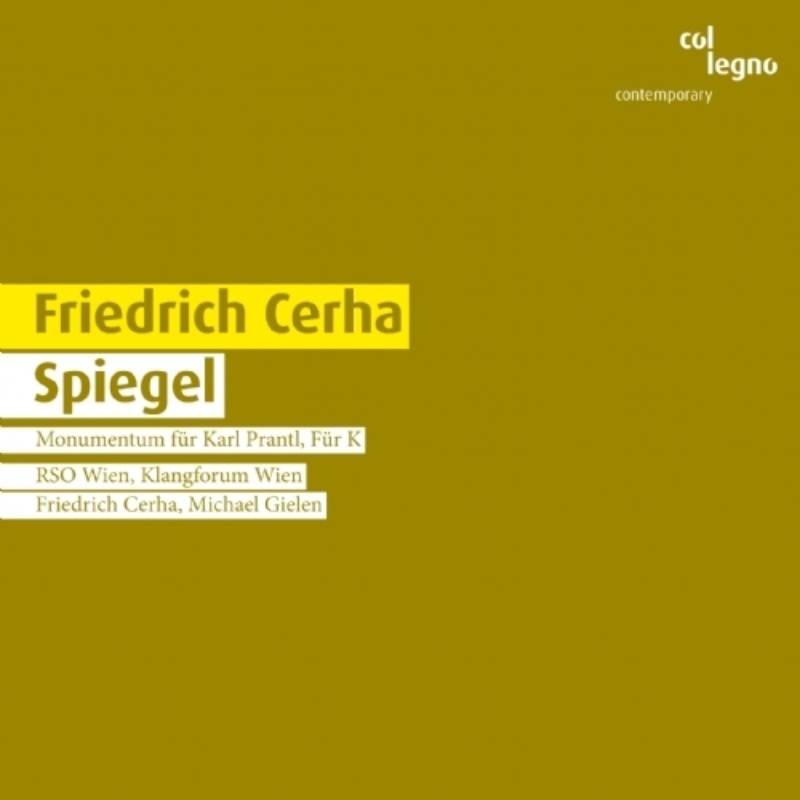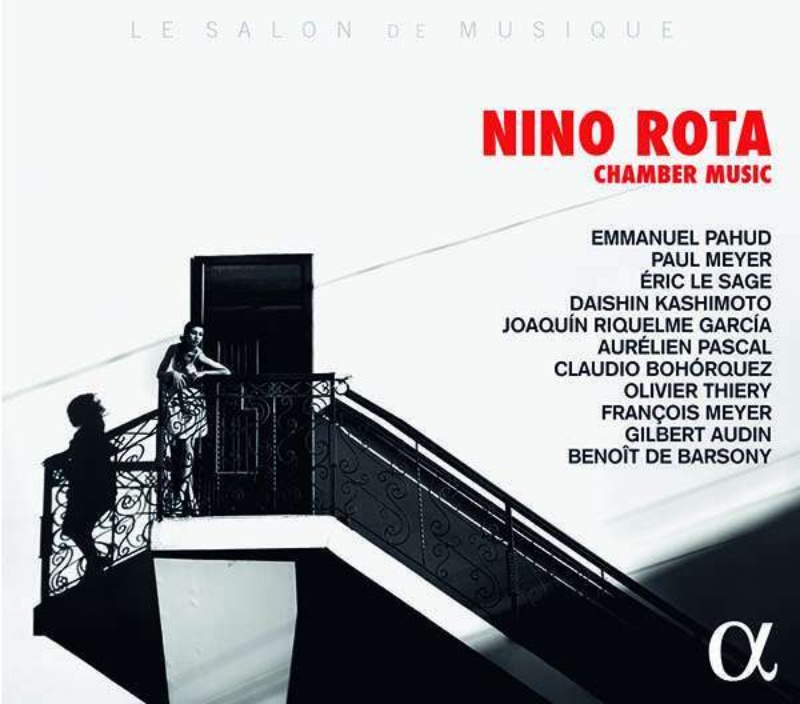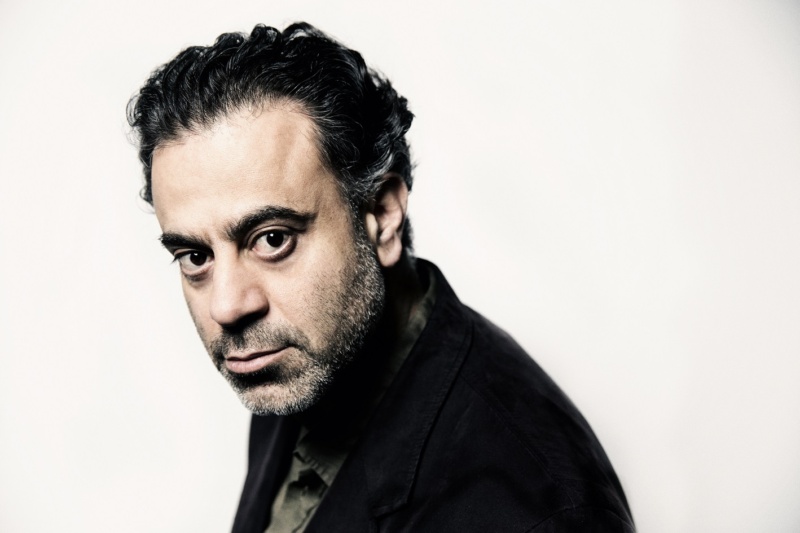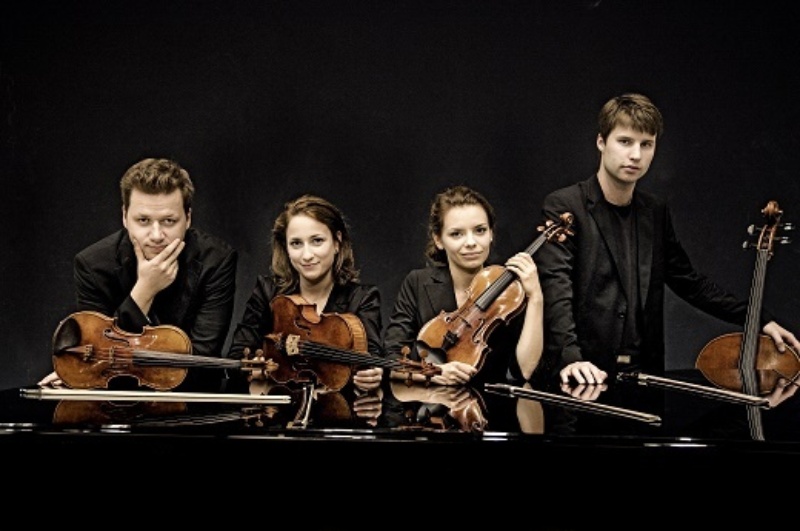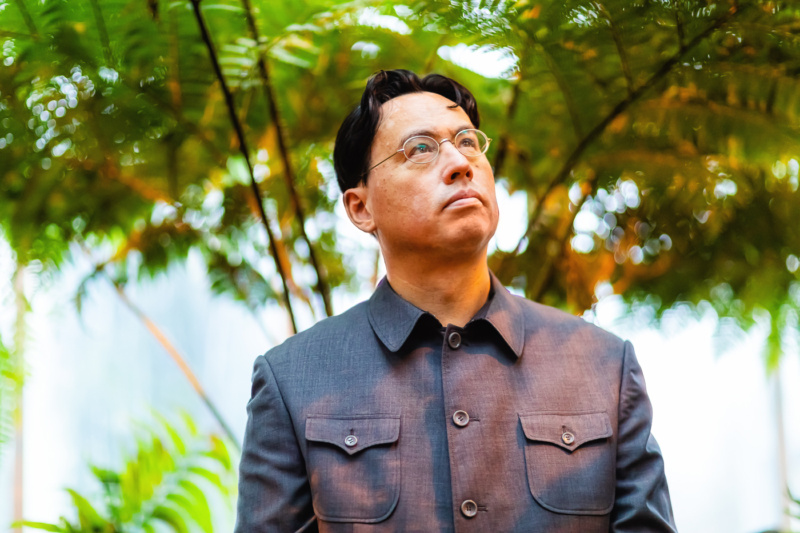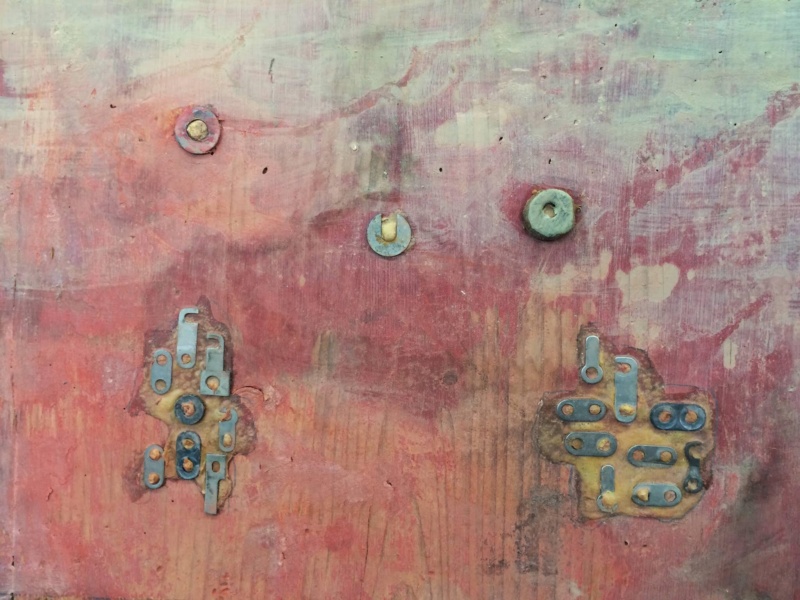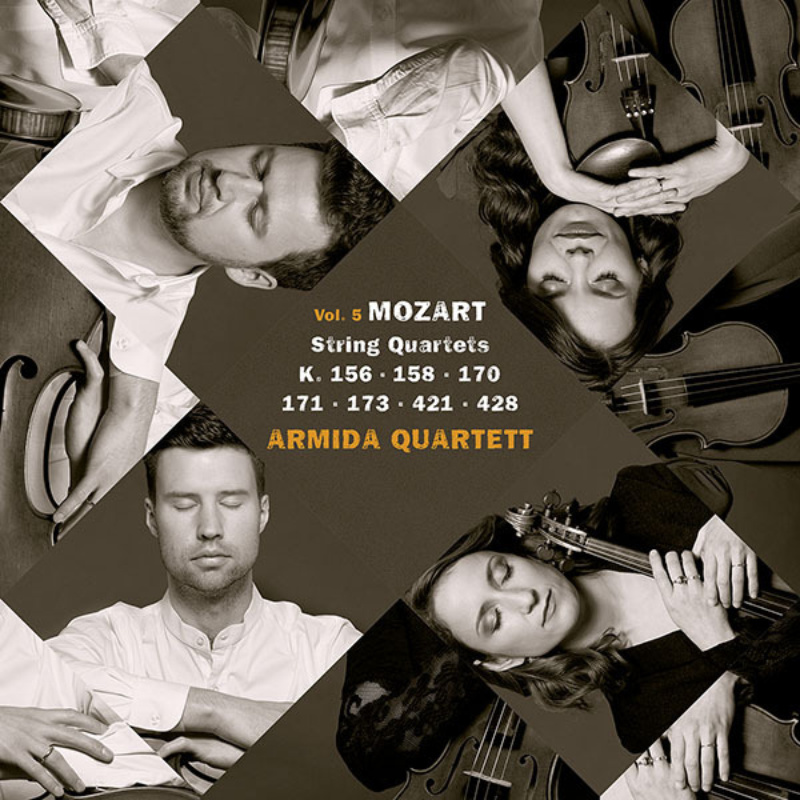One can say that the violinist Ilya Gringolts
has had the career of a child prodigy and one would not be far off:
after studying violin as a child in Saint Petersburg with Tatiana
Liberova, the story goes that Itzhak Perlman was made aware of the young
violinist after watching a video of him. Sometime later, Ilya Gringolts
was to be a student of Perlman’s at the Juilliard School in New York.
He also made a name for himself as the youngest winner in the history of
the Premio Paganini International Violin Competition and is a regular
performer in famous concert halls such as Wigmore Hall as a BBC New Generation Artist.
However, from a tender age Ilya Gringolts’ wunderkind image was perhaps
more rough around the edges than is normally the case. He always liked
to call the shots, as his impressive discography shows. Before signing a
contract with Deutsche Grammophon at the age of 20, he had already
recorded works by Berio, Ysaÿe and Paganini with BIS Records. His debut
album with DG consisted of violin concertos by Tchaikovsky and
Shostakovich with the Israel Philharmonic Orchestra under the baton of
Itzhak Perlman. Ilya Gringolts has now come full circle from his very
first album Paganini that he recorded in 1999 with a new
recording of Paganini’s 24 caprices for solo violin released on Orchid
Classics in November 2013.
One of the violinist’s specialties are his performances of baroque
repertoire with a baroque violin and bow. He sometimes even changes from
a modern to a historical instrument in the middle of a concert. He
explains, in his undogmatic manner that, "it is simply easier to play
baroque music on historical instruments because the music was written to
be performed on them. The thin sound of a baroque violin, for example,
goes much better with that of a cembalo and a flatter bridge allows more
polyphonic freedom in Bach’s solo works. A lighter and more flexible
baroque bow also makes fast ornaments easier to handle." Ilya Gringolts
is increasingly playing more New Music, and with gusto. Recently, he has
been much in demand for performances of concertos by Schönberg, Adams,
Weinberg, Ligeti and Prokofiev, among others. The study of contemporary
compositions is also a matter that is close to his heart.
The father of three who now lives in Zurich is never short of exciting
repertoire and prestigious invitations: alongside regular appearances as
a soloist with renowned orchestras, solo recitals and chamber music
projects, he fulfilled another musical dream when he founded the
Gringolts String Quartet in 2008. Highlights of the 2013/2014 season
include concerts with the Bamberg Symphony Orchestra, at the Salzburger
Festspiele (with the Gringolts Quartet), in the Concertgebouw Amsterdam
and in the Musikverein in Vienna to name but a few. There is one
passion, however, that Ilya Gringolts feels he has missed out on, as he
explained in an interview in 2011: "Since leaving music college, I have
hardly played in any large symphony orchestras, which is something I
always found highly enjoyable. Particularly when you are sitting
somewhere at the back of the second violins, right in the middle of the
orchestra, and you can enjoy this stereo effect – that’s fantastic."
Fans of Ilya Gringolts’ will probably be happy that the second violins’
loss is their gain.
Nina Rohlfs, 04/2012 | Translation: Celia Wynne Willson
